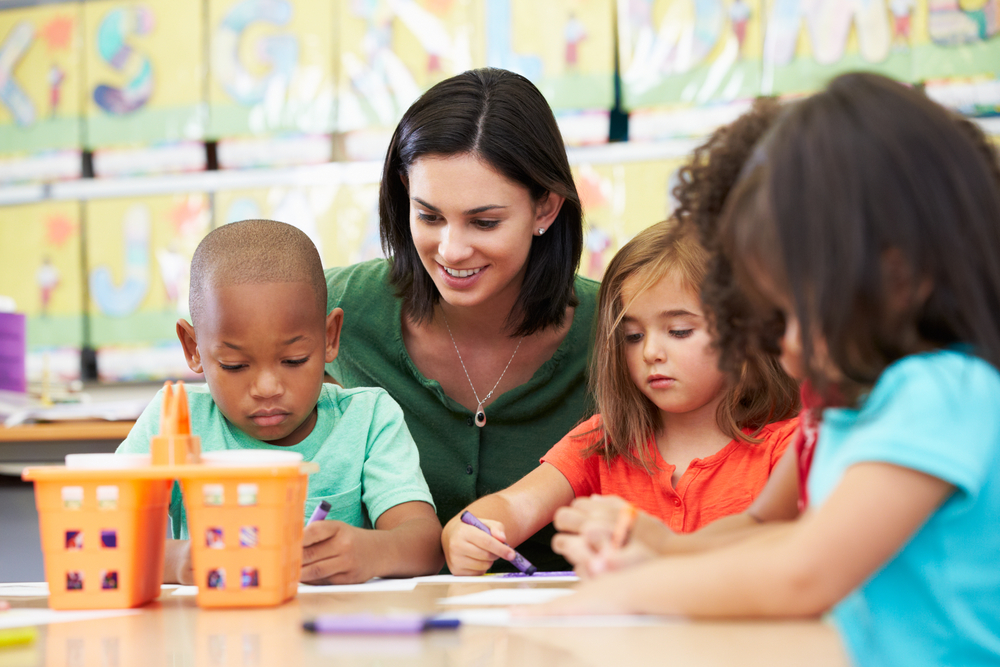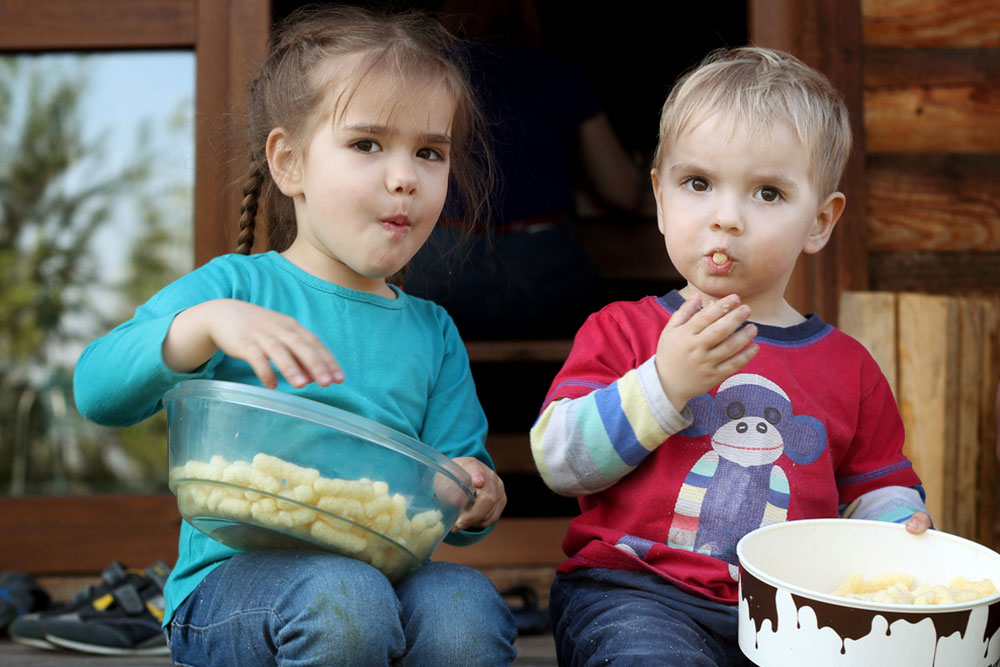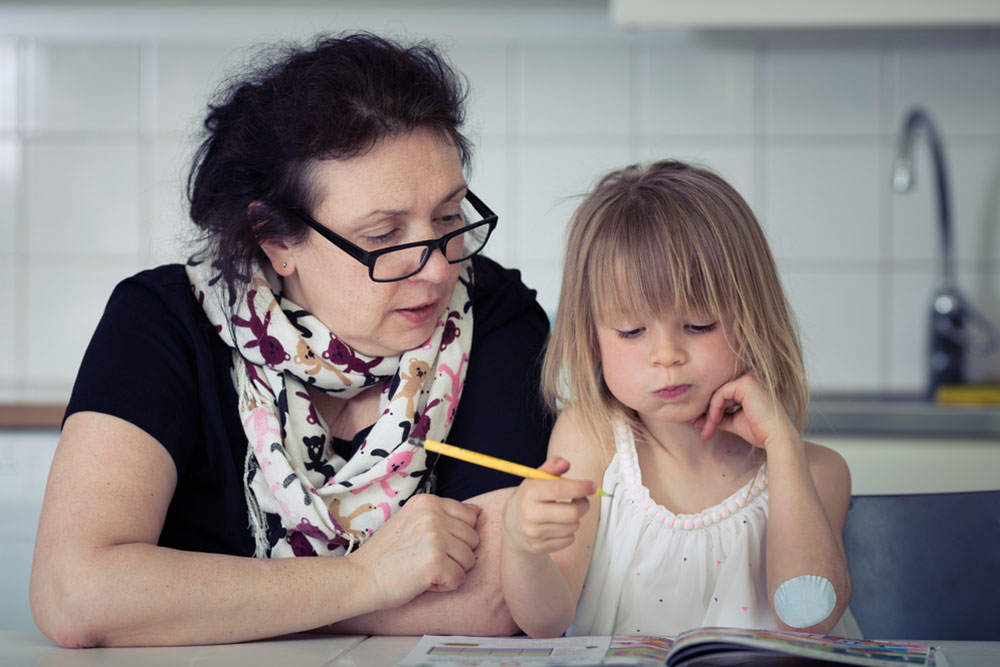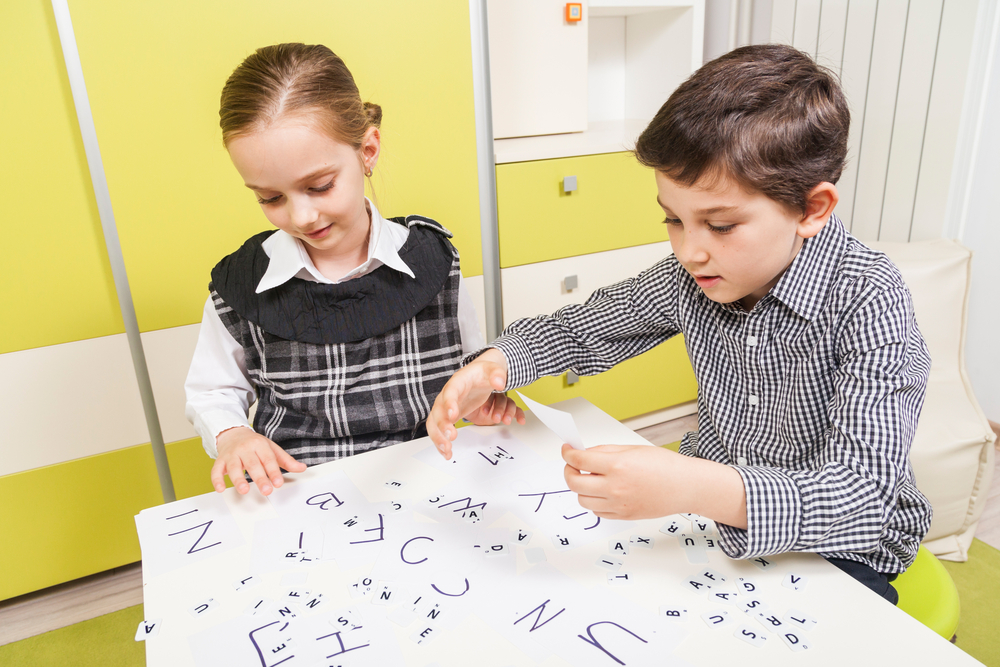Colombia's Free Preschools: Empowering Young Learners
Colombia's free preschools play a vital role in early childhood development by fostering social, emotional, and cognitive skills through engaging activities. These programs prepare children for future learning with a focus on play-based experiences, ensuring a strong foundation for lifelong growth. The article highlights key activities and skills cultivated in preschool, emphasizing the importance of structured and open-ended play in nurturing confident, well-rounded young learners.

Colombia's Free Preschools: Empowering Young Learners
Free Preschools in Colombia — Supporting Early Childhood Development
Colombia offers free preschool programs designed with specific goals and guiding principles, which educators are encouraged to follow. While some teachers implement these guidelines informally, many prepare detailed lesson plans and assessment rubrics. The main aim is to develop social abilities and foundational learning skills among preschoolers. Daily activities include singing, storytelling, arts and crafts, movement exercises, and interactive play, fostering well-rounded growth.
Early childhood education centers in Colombia help children acquire critical skills such as language, social interaction, and self-regulation, preparing them for future academic success. Recommended activities include:
Science: Introducing basic concepts like color mixing, measurements, and chemistry through outdoor activities that involve nature and environmental exploration.
Animals and Nature: Teaching children about different animals, sounds, and images to enhance vocabulary and recognition.
Mathematics: Using playdough to count, practice patterns, and compare object weights to build early math understanding.
Gross Motor Skills: Engaging children in movement-based activities like hopscotch and dance routines, which can be adapted for indoor play on rainy days.
Art: Creating vibrant sidewalk chalk murals and personal name paintings to foster creativity.
Imaginative Play: Encouraging pretend play, building with blocks, and exploring engineering skills to stimulate cognitive development.
The activities foster essential skills such as:
Language Enhancement: Promoting effective communication and vocabulary development.
Social Skills: Building empathy and successful peer interactions.
Emotional Regulation: Helping children manage their emotions and reactions appropriately.
Learning Self-Regulation: Teaching persistence, patience, and focus through playful learning experiences.
Curriculum development varies based on the preschool's educational philosophy, involving teachers, parents, and administrators. Play-based learning, both structured and open-ended, promotes confidence and personality growth. Experts emphasize that childhood learning is most effective when children engage with peers, teachers, and families in a playful environment, supporting lifelong development and self-esteem.
Note:
Our blog provides diverse, practical information across various topics. While we strive for accuracy, readers should consider our content as a general guide, not an absolute source. We disclaim responsibility for data discrepancies or missing offers, encouraging users to verify details for their specific needs.










